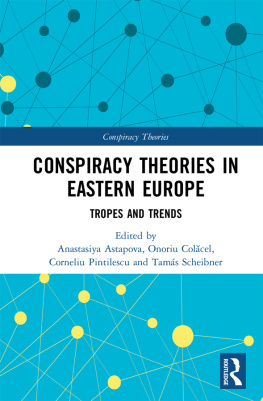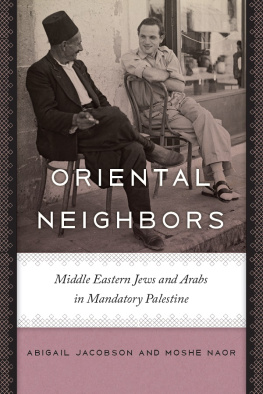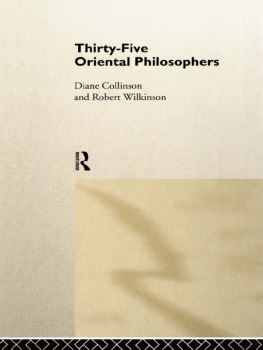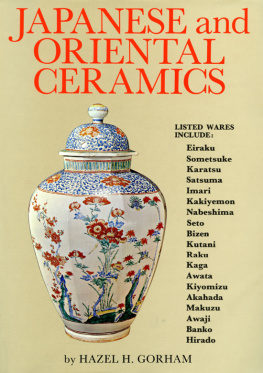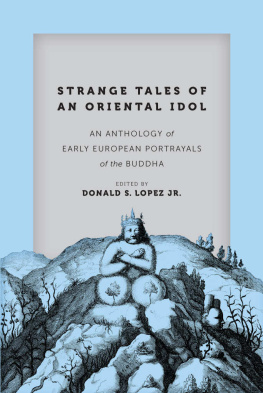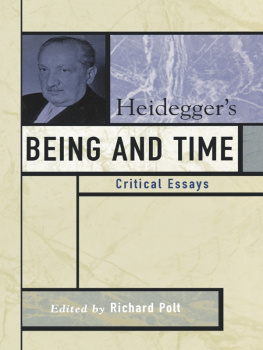Routledge Revivals
Oriental Essays
First published in 1960, this work describes the lives and labours of six great scholars: Simon Ockley, Sir William Jones, E. W. Lane, E. H. Palmer, E. G. Browne and R. A. Nicholson. These men were devoted to building a bridge between the peoples and cultures of Europe and Asia. To these biographical essays, Arberry has added a short autobiography and an eloquent plea for the further encouragement of Oriental studies.
This book will be of interest to those studying Middle-Eastern studies and the history of Orientalist study.
Oriental Essays
Portraits of Seven Scholars
A. J. Arberry
First published in 1960
by George Allen & Unwin Ltd
This edition first published in 2017 by Routledge
2 Park Square, Milton Park, Abingdon, Oxon, OX14 4RN
and by Routledge
711 Third Avenue, New York, NY 10017
Routledge is an imprint of the Taylor & Francis Group, an informa business
1997 Curzon Press
All rights reserved. No part of this book may be reprinted or reproduced or utilised in any form or by any electronic, mechanical, or other means, now known or hereafter invented, including photocopying and recording, or in any information storage or retrieval system, without permission in writing from the publishers.
Publishers Note
The publisher has gone to great lengths to ensure the quality of this reprint but points out that some imperfections in the original copies may be apparent.
Disclaimer
The publisher has made every effort to trace copyright holders and welcomes correspondence from those they have been unable to contact.
ISBN 13: 978-1-138-21094-3 (hbk)
ISBN 13: 978-1-315-45341-5 (ebk)
ISBN 13: 978-1-138-20331-0 (set hbk)
ISBN 13: 978-1-315-44336-2 (set ebk)
ORIENTAL ESSAYS
ORIENTAL ESSAYS
PORTRAITS OF SEVEN SCHOLARS
A. J. ARBERRY
First published in 1960
by George Allen & Unwin
This edition published by Curzon Press St Johns Studios, Church Road, Richmond Surrey, TW9 2QA
1997 Curzon Press
British Library Cataloguing in Publication Data
A catalogue record for this book is available from the British Library
ISBN 070070289X
This book is a collection of portraits (one a self-portrait) of seven Englishmen who at different times and in different ways have striven, consciously or unconsciously, by the exercise of somewhat specialized skills to help build a bridge between the peoples and cultures of Asia and Europe. I have chosen as the subjects of my portraits a handful of those many who have devoted their talents and their lives to a labour often little appreciated and dismally unrewarding, yet in my belief supremely important to the future of humanity at large.
My selection, which could have ranged much wider (as in my British Orientalists), has been deliberately confined to those who have worked in my own field of study, and whose contributions to scholarship and to international understanding I am therefore better qualified to estimate. In writing of Simon Ockley I have been able to use the unpublished thesis of my pupil Dr Azza Kararah. The second chapter is largely drawn from my monograph Asiatic Jones. Sources used in preparing the other chapters are indicated in the course of the book.
It may be that this will be the last work in which I shall try to address myself to the general public, and I have therefore taken the opportunity in the final chapter to explain some of the considerations which have determined my own activities as a scholar, and to offer a few general observations on the present and future of oriental studies. I hope that what I have written will encourage others in years to come to endeavour, as I have sought to do, to keep faith with those who have gone before, men of heroic stature, whose achievements will I am confident be ever more widely and more deeply recognized with the passage of time.
A. J. A.
CONTENTS
Simon Ockley
William Jones
Edward William Lane
Edward Henry Palmer
Edward Granville Browne
Reynold Alleyne Nicholson
A. J. Arberry
SIMON OCKLEY
I DO not remember myself to have been worse in my whole lifetime than I was on Sunday last, when to mend the matter I was plagued all night with a Cacodaemon that infests our Castle after a strange manner. He did not suffer me to get one wink of rest till after broad daylight. I felt him moving under the bed and heaving it up. I waited the event whilst he entertained me with a variety of sounds and capricious troublesome motions in different parts of the room. At last he gave such an explosion under the bed as seemed to sound in my ears as loud as the largest Cannon, and raised both me and the bed with the force of it. I soon after heard him tapping at the top of my beds head. I asked him what we were to have next. Immediately he flew through the boards that separate my bed chamber from the next room, and returned again with such violence that you would have imagined that he had shivered them all to pieces.
Simon Ockley, clerk in holy orders and Sir Thomas Adamss Professor of Arabic in the University of Cambridge, was writing on May 6, 1718, to his friend James Keith. He was writing to him from Cambridge Castle, the debtors prison to which he had been committed in February of the preceding year; the sum he owed was 200, and as his annual stipend from the Professorship was only 40, and the benefice of Swavesey which he held was not among the richer livings of the Church, the prospect of an early release must have seemed somewhat bleak. Thanks to Keith and other influential admirers his debts were presently paid and he was free to return to Swavesey. But his health and his spirit were alike broken, and on August 9, 1720, he died, being forty-two years of age. He left behind him in dire poverty a widow and many children. He had fully earned inclusion by Isaac Disraeli in his Calamity of Authors.
This was the man whose historical writings, partly done in prison, exercised a powerful influence upon Edward Gibbon and revolutionized the treatment of Islamic civilization throughout Europe.
Arabic studies in Europe, dormant since the Middle Ages, entered upon a significant revival from the early years of the seventeenth century. The great trading companies were now pushing out along the routes pioneered by the explorers, and wherever commerce ventured evangelism speedily followed. William Bedwell (1562-1632), the father of Arabic scholarship in Great Britain, called attention to the prime importance of that language as a tongue which was the only language of religion and the chief language of diplomacy and business from the Fortunate Islands to the China Seas. His advocacy did not fall upon deaf ears; in 1632 a professorship of Arabic was established at Cambridge, and in 1636 this example was followed by Oxford. The Oxford chair was founded by that renowned ecclesiastic Archbishop Laud; Cambridge owed its endowment to a businessman, the London draper Thomas Adams. The motives which animated Adams, later Lord Mayor and still later a prisoner in the Tower, are well summed up in a letter sent to him on May 9, 1636, by the Vice-Chancellor of Cambridge.


